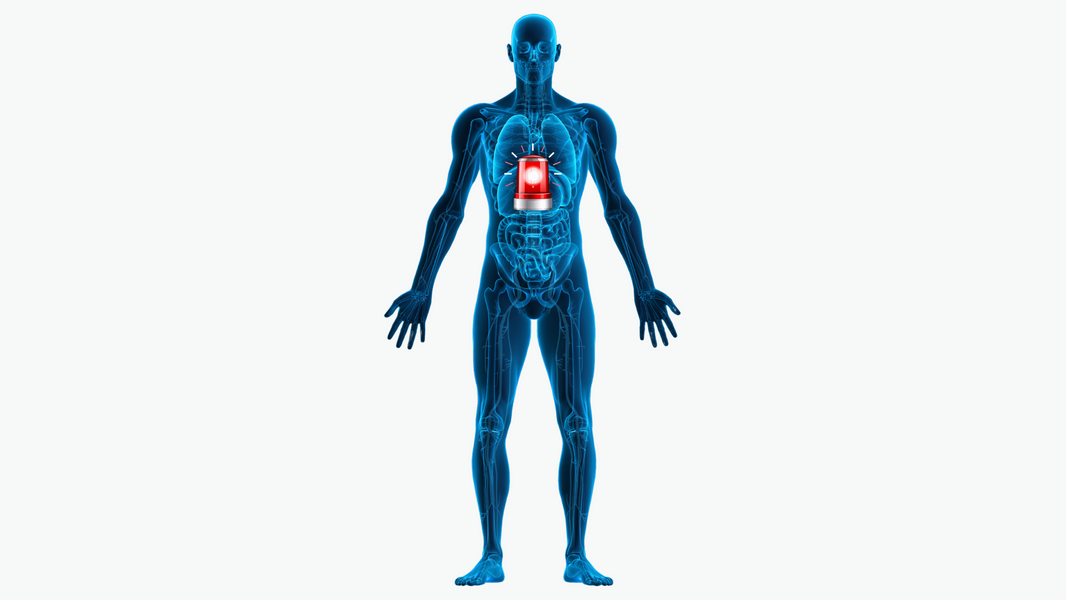Stress is an inevitable part of life. However, when left unmanaged, chronic stress can disrupt hormone balance, weaken the immune system, and lead to fatigue, anxiety, weight gain, and sleep disturbances. This blog article will explore the significance of stress management, highlight common signs of stress overload, and provide practical, evidence-based strategies aligned with the Betr Method to help you maintain optimal health and well-being.
Why Stress Management Is Crucial
Effective stress management is key to sustaining overall health. Here’s why:
-
Hormone Balance: Chronic stress elevates cortisol levels, disrupting sleep, metabolism, and immune responses.
-
Mental Clarity: Stress can trigger anxiety, depression, and mood swings.
-
Heart Health: Prolonged stress is linked to high blood pressure and cardiovascular issues.
-
Sleep Quality: Elevated stress impacts melatonin production, resulting in insomnia and fatigue.
-
Weight Management: High cortisol levels promote abdominal fat storage and hinder weight loss efforts.
Important Reminder: Always consult your physician before making lifestyle changes, especially if you have medical conditions influenced by stress, such as hypertension or anxiety disorders.
Recognizing the Signs of Stress Overload
Understanding when stress is becoming harmful is essential. Watch for:
-
Persistent headaches and migraines
-
Chronic fatigue and exhaustion
-
Gastrointestinal issues
-
Insomnia or restless sleep
-
Mood swings and irritability
-
Rapid heartbeat and shortness of breath
-
Frequent colds due to a weakened immune system
The Betr Method’s Approach to Stress Management
The Betr Method integrates nutrition, hydration, mindfulness, and exercise into a holistic approach for stress management:
-
Level 1 (Healing Phase): Prioritizes anti-inflammatory, whole foods that promote gut health and reduce systemic stress. Light activities such as yoga and walking help keep cortisol levels in check.
-
Level 2 (Reintroduction Phase): Gradually adds foods to identify potential dietary stress triggers. Incorporate moderate exercise and mindfulness practices to manage emotional stress.
-
Level 3 (Maintenance Phase): Emphasizes an 80/20 lifestyle that balances flexibility and routine, maintaining stress resilience through consistent exercise, nutrition, and mindfulness practices.
Proven Strategies for Managing Stress
-
Prioritize Restful Sleep: Aim for 7-9 hours each night to allow the body to recover.
-
Practice Mindfulness: Meditation, deep-breathing exercises, and yoga help regulate cortisol levels.
-
Exercise Thoughtfully: Regular physical activity like walking, swimming, and cycling releases endorphins and lowers stress hormones.
-
Hydrate Well: Consume 40-60 ounces of water daily to support bodily functions and reduce fatigue.
-
Eat Nutrient-Dense Foods: Whole foods, healthy fats, and lean proteins nourish the adrenal glands.
-
Build Social Connections: Meaningful interactions with friends and family reduce stress.
The Adrenal Cocktail: Supporting Stress Resilience
Betr Health recommends the adrenal cocktail to support adrenal function. This nutrient-rich blend stabilizes blood sugar and cortisol levels, reducing fatigue and promoting better sleep. For best results, consume it an hour before bedtime or in the morning if stress symptoms persist.
Mindfulness Practices for a Calmer Mind
Mindfulness connects you to the present moment, promoting calm and focus. Try:
-
Daily Meditation: Even 10 minutes a day can significantly reduce stress levels.
-
Journaling: Writing down thoughts helps process emotions and stress triggers.
-
Engaging in Hobbies: Activities you enjoy bring relaxation and joy.
Exercise Recommendations for Managing Stress
Physical activity is crucial but should be tailored to your needs:
-
Level 1: Emphasize low-impact activities like yoga and stretching.
-
Level 2: Gradually include moderate exercises such as swimming and strength training.
-
Level 3: Adopt a balanced routine combining aerobic and resistance training.
Caution: Over-exercising can elevate cortisol, counteracting stress management benefits. Always listen to your body and adjust your routine accordingly.
Final Thoughts
Effective stress management is fundamental to maintaining hormone balance, mental clarity, and physical health. By embracing the Betr Method’s comprehensive approach—incorporating nourishing foods, hydration, exercise, and mindfulness—you can build resilience, achieve hormonal harmony, and enhance your quality of life.
Quick Recap:
-
Manage stress with sleep, hydration, and balanced nutrition.
-
Incorporate mindfulness practices into daily routines.
-
Customize exercise routines based on stress levels and Betr Method phases.
-
Utilize the adrenal cocktail for additional adrenal and stress support.






